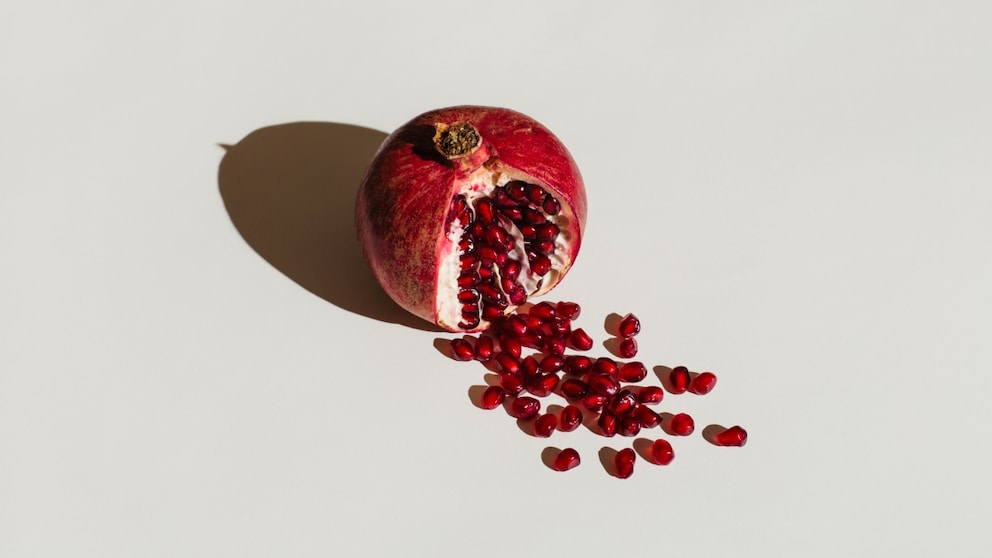October 11, 2024, 9:42 am | Read time: 3 minutes
Did we pay too little attention to female well-being during the pandemic? A recently published study sheds light on the extent to which stress factors and changes in menstruation are linked. It was carried out in the Spanish lockdown on almost 5,000 women – STYLEBOOK summarizes the results for you.
“Stress makes you ill” is easier said than proven. And what does stress actually mean? It seems like a vague term that everyone knows but hardly anyone can define. So it’s all the better that the latest research results from Spain now provide clarity. They reveal which stress factors have influenced menstruation. The result: stress not only makes you ill but also disrupts your menstrual cycle.
Overview
Emotional stress? Study takes a look at lockdown
Many governments, including Spain’s, opted for lockdowns due to the pandemic in 2020. Scientists Dr. Joaquim Calaf and Dr. Josep Perelló from the Institute of Reproductive Health at Sant Pau Hospital in Barcelona took this as an opportunity to conduct research.
The outcome is a comprehensive study involving 4,989 women residing in Spain from March 14 to May 2, 2020. Socio-demographic characteristics, social and professional activities, psychological state, sexual activity changes in the menstrual cycle, and effects on quality of life were surveyed. The strict quarantine in the southern European country lasted from the second half of March throughout April.
Not the virus, but stress is to blame
The results speak for themselves: women who experienced more stress during the quarantine reported more irregularities in their cycle. This relates to the duration and quantity of menstruation. 7.7 percent of the participants even experienced amenorrhea, i.e., the absence of menstruation. The remainder experienced at least one menstrual period during that time. 19 percent also stated that their general quality of life was negatively affected by menstruation during this period.
It is assumed that – contrary to expectations – it was not an infection with COVID-19 that was responsible for the change in menstruation but the emotional stress associated with the lockdown. The study by Sant Pau Hospital is one of the most comprehensive studies on the subject of menstruation.

The Best Pistachio Perfumes for Every Budget

Lola Weippert: “I Am Afraid When I Leave My house”

Hyaluronic Acid Against Wrinkles? Application, Effect, Risks
This means emotional stress
Factors that led to stress among the survey participants during the pandemic were manifold, from the general restriction of activity to fear of the disease and concern for their families. During the pandemic, the focus was often on the well-being of children and young people. Now, discussions can be initiated about the impact of emotional stress on women’s reproductive health.
The pandemic has presented many women with new challenges in balancing work and family life. Such challenges have taken a toll on the body, manifesting in changes to menstrual cycles, among other effects. With ongoing targeted research in women’s health, there’s hope for more effective strategies to mitigate these negative effects in the future…

